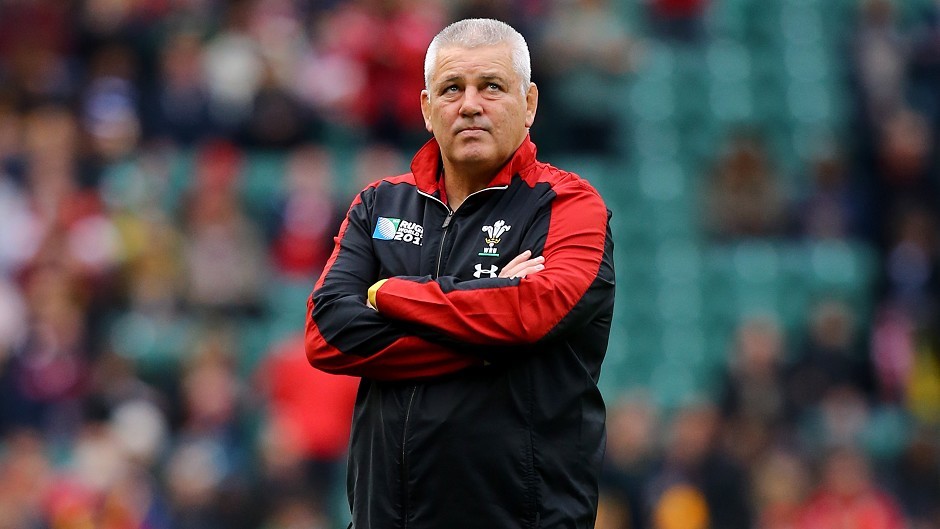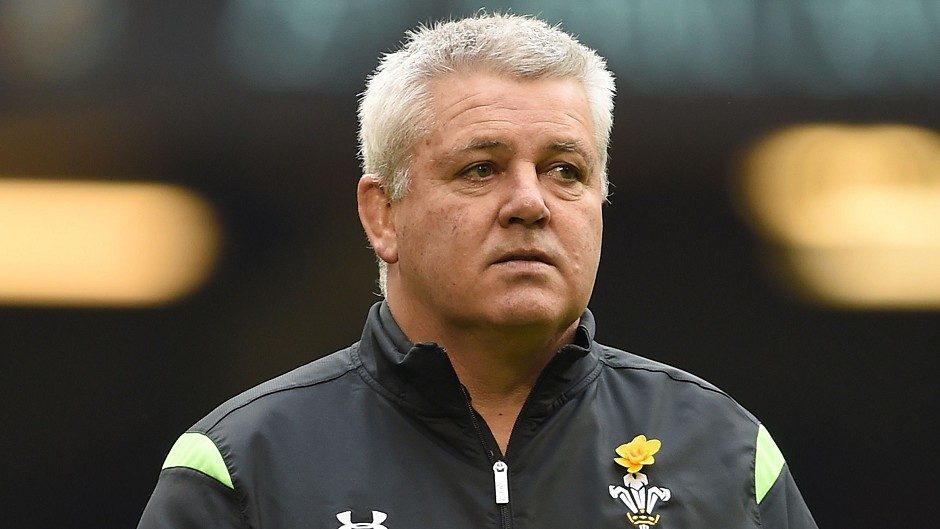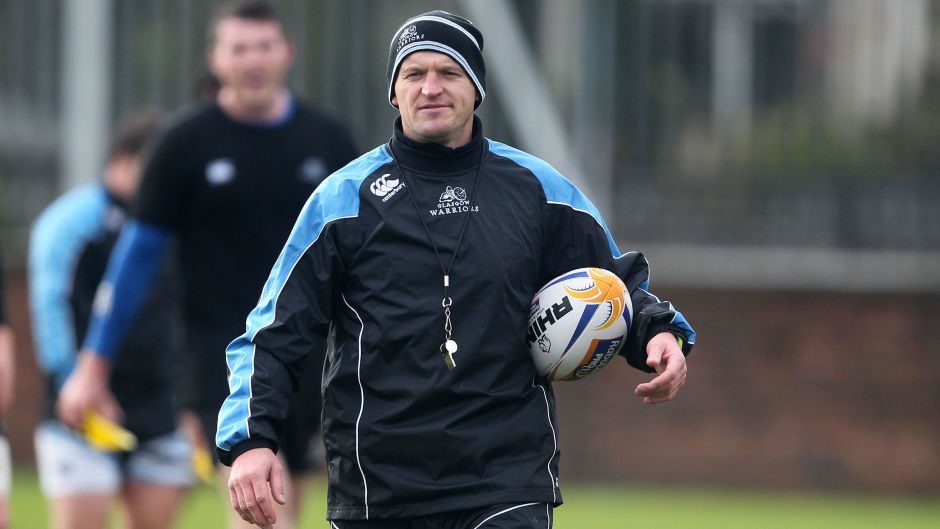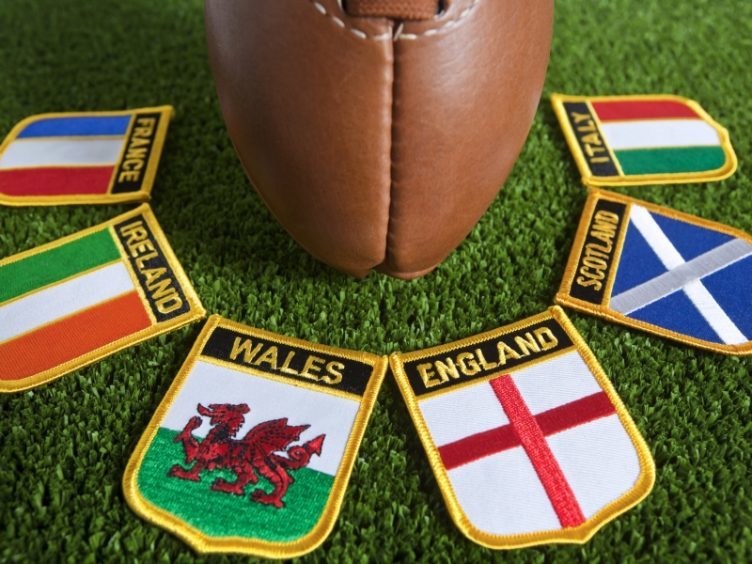There are never any shortage of talking points and controversies to ponder over at the end of the Six Nations Championship.
This year’s event was as unpredictable as ever in many regards, especially throughout the spellbinding fightback by Scotland in the Calcutta Cup at Twickenham.
However, now the dust has settled on the tournament, with Wales crowned Grand Slam winners, some points need reinforcing as rugby prepares for the World Cup in Japan later this year.
Only a brave soul would hazard a guess as how that competition might unfold. But here are five lessons which we have learned from the frantic last few weeks of action.
1)WARREN GATLAND IS A SERIOUSLY GOOD COACH
Few people were tipping the Welsh in advance of the Six Nations. Fewer still were predicting they would sweep all before them when they trailed France 16-0 at the interval in the competition’s opening match in Paris.
Yet Gatland’s pep talk and tactical changes helped transform his men’s fortunes in the second period. And, whatever action he needed to make as the event unfolded, the New Zealand guru was constantly on the money.
He made sweeping changes against Italy, realising many of his second-string personnel were food enough to see of the Azzurri. They made heavy weather of it, but they won.
His side was in early trouble against England and were under the cosh for the whole of the second half against Scotland. But their tackling, technique and temperament were exemplary.
He’s not a favourite of many Scots. But Gatland is a formidable figure in modern rugby.
And how the Welsh will miss him after the World Cup.
2)SCOTLAND NEED TO LEARN TO PLAY FOR 80 MINUTES
Gregor Townsend’s team earned plaudits for their resilience and attacking philosophy against the English. But they had trailed 31-0 after a horrible opening half hour and gave themselves a mountain to climb.
In the final analysis, that 38-38 draw tesitified to their strengths, but also exposed the weakness of the SRU brigade in the Six Nations, where they didn’t achieve a single 80-minute performance of the required intensity.
They flopped in the second half against Ireland, made France look much better than they were in Paris, and committed a string of basic errors in the early stages against Wales. It was a recurring theme.
Yes, they had a dreadful injury list, but the Scots were tipped by many pundits to challenge for this year’s title.
Finishing fifth was nowhere near good enough.
3)IRELAND HAVE PEAKED TOO EARLY
Beating the All Blacks can be a double-edged sword. When Joe Schmidt’s players achieved that last autumn, they were rightly praised to the skies.
Yet there are signs that was the high point for this squad. Several of their stars – including Rory Best and Johnny Sexton – are close to the end of the road. They won’t see any more Six Nations action.
And, throughout the tournament, they were ponderous and predictable. Losing to England at home was a blow from which they never really recovered.
In the past, one might have envisaged them extinguishing Wales’ Grand Slam dreams. They never remotely came close.
4)FRANCE NEED A NEW COACH – AND QUICK
The raw talent still exists among Les Bleus, but they were swatted aside by England and almost nilled by Ireland. The French have no gameplan and show no signs of developing one.
Coach Jacques Brunel is of the old school and chopped and changed his side without any indication of getting things right. He’s had more than sufficient time in the role and hasn’t delivered.
5)ITALY CAN’T BE ALLOWED TO KEEP LOSING
Another championship, another whitewash, and the Italians are where they always are these days – at the bottom.
They need put on notice – maybe for three years – that their place will be forfeited if they don’t improve.




